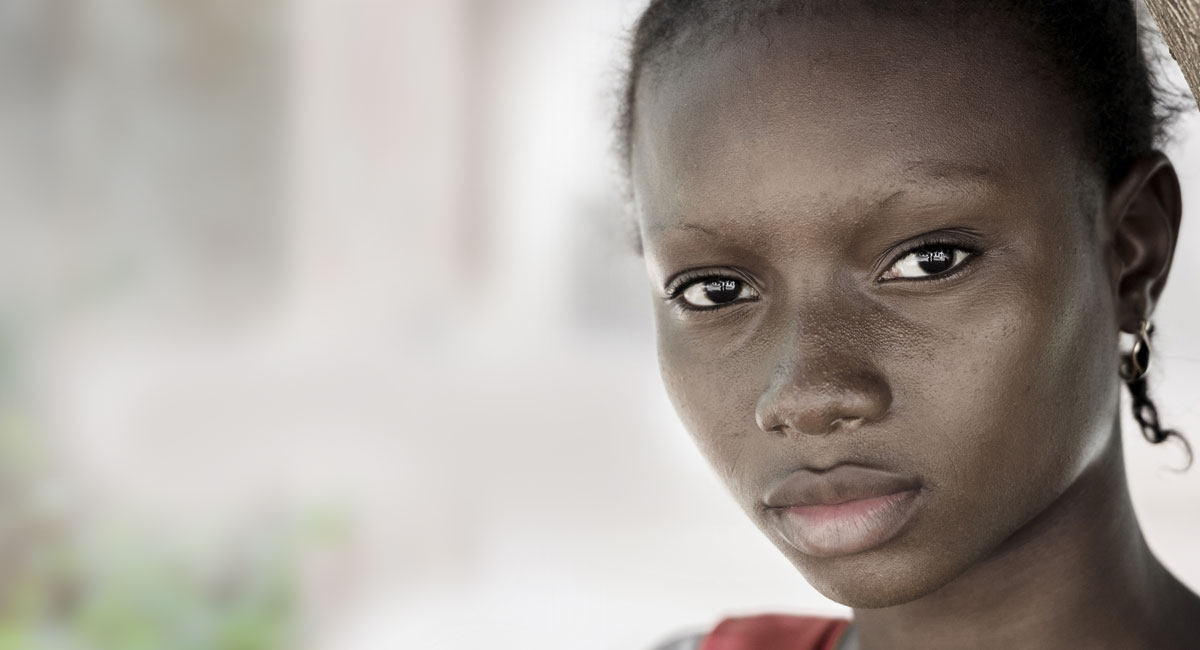- About
- Topics
- Picks
- Audio
- Story
- In-Depth
- Opinion
- News
- Donate
- Signup for our newsletterOur Editors' Best Picks.Send
Read, Debate: Engage.
| topic: | Death Penalty |
|---|---|
| located: | Russia |
| editor: | Igor Serebryany |
Four cases of brutal child abuse which happened within a number of days in several regions of Russia renewed fierce discussion over whether the existing punishment for such crimes is too mild.
Last week, in Rybinsk in central Russia, a man raped and killed two sisters, aged three and ten, who were the daughters of his partner. In Nizhny Novgorod, a 9-year-old girl was raped and killed, also by her mother's common-law husband. In Magadan in the far East, a PE teacher was sentenced to 13 years in prison for systematic sexual abuse of 1st and 2nd-graders.
The blood-chilling reports caused a public outcry in the country, with people demanding to lift the moratorium on the death penalty when it comes to crimes against children.
Still, human rights activists and legal experts don't share the public sentiments, stressing that lifting of the capital punishment, even in such extreme cases, could lead to erosion of the Russian penalty system.
It is visible with the naked eye that the Russian Criminal Code is highly imbalanced. Throwing a plastic cup at a policeman in riot gear can result in ten years in prison, while a rapist can get away with a comparable sentence, as the recent case in Magadan demonstrated.
Experts stress that pedophiles must be put on police lifetime surveillance even after they have served their term (and providing they survived it). The murderer in Rybinsk raped and killed two girls after he has spent 11 years in jail for a similar crime. Advocates of the restoration of the death penalty point at that man as proof that the wolf may lose his teeth but never his nature. Among high-ranking officials who advocate the death penalty for child abusers are the head of the Russian Investigative Committee Alexander Bastrykin, ex-governor of Kemerovo region Aman Tuleev, to name a few.
Still, the chairman of the presidential human rights council Valery Fadeev doesn't rush to call for lifting the moratorium imposed in Russia in 1997 as a precondition for its membership in the Council of Europe.
"Personally, I'm against death penalty. A life term for those criminals is much worse punishment because their conditions in prisons are horrifying. Many of them would cry for death," he says.
"There are crimes committed 'in the heat of passion' and there are crimes committed in cool blood. When someone abuses and murders children, this is disproportional to leave those beasts alive, even behind the bars. They deserve only the capital punishment," chairman of the Tatarstan Supreme Court Ilgiz Gilazov believes.
Remarkably, not all parents support harsh punishment for child abusers, however strange that could seem.
For instance, the head of the Mothers Council organisation Tatyana Butskaya believes that "each person must be given a chance for reformation."
"We must stay in a legal framework. No person could be punished twice for the same crime. If we compile a list of convicted pedophiles like it has been practiced in Ukraine, and the list is made public, that would mean those people could never return to normal life," she says.
In practice, few rapists die in prisons for natural reasons. Russian underworld's "nobility code" considers child abuse as a mortal sin, and cellmates of those convicts usually dispose of them sooner or later, thus "mending" the official Criminal Code's loophole.
Image by Lisa Runnels

